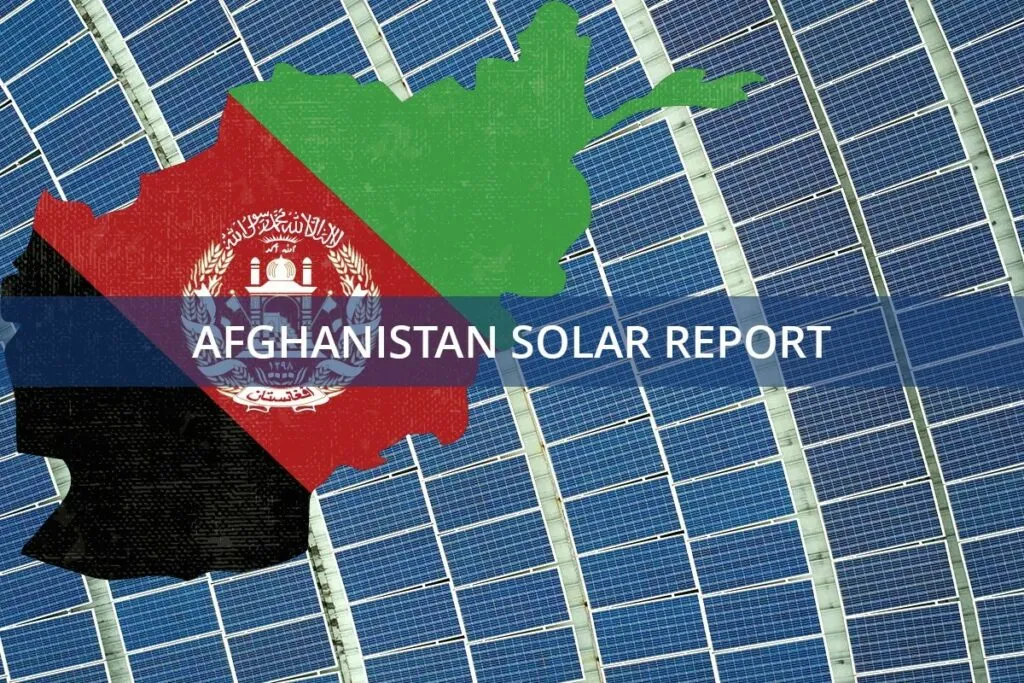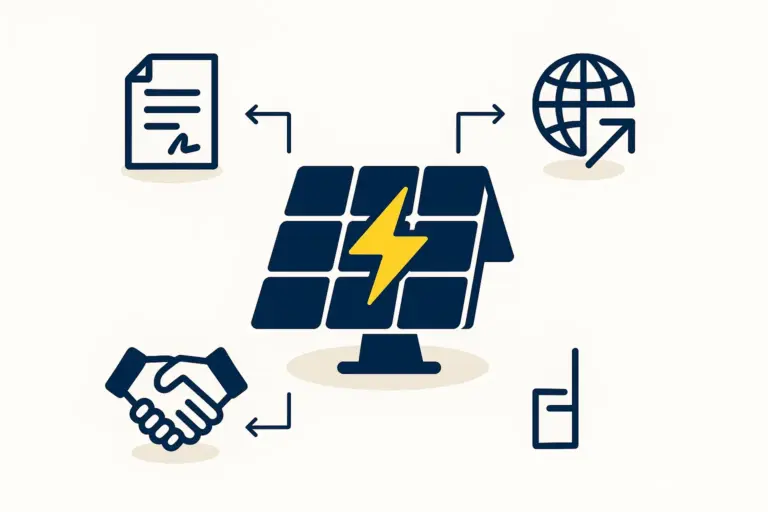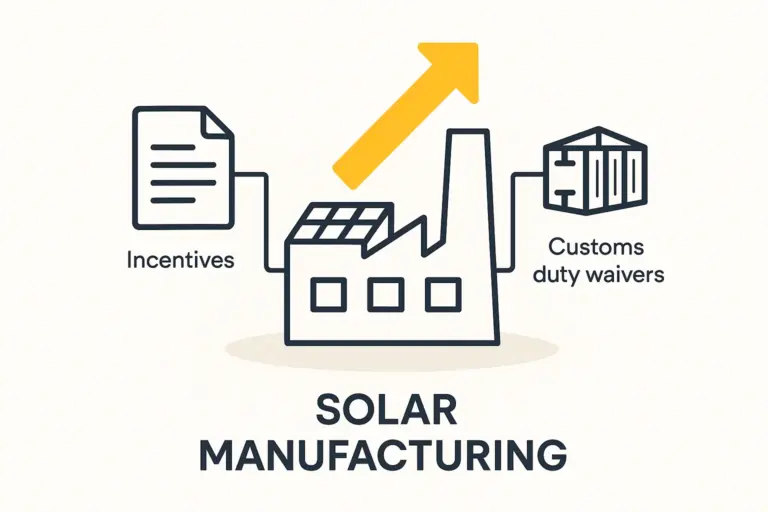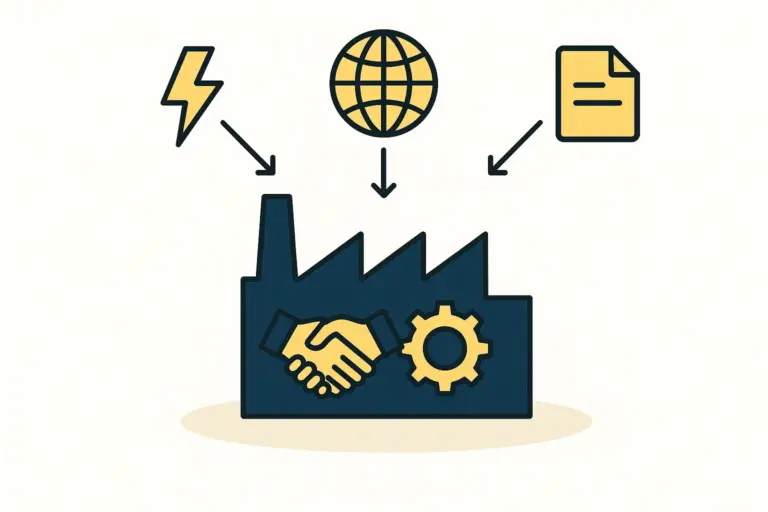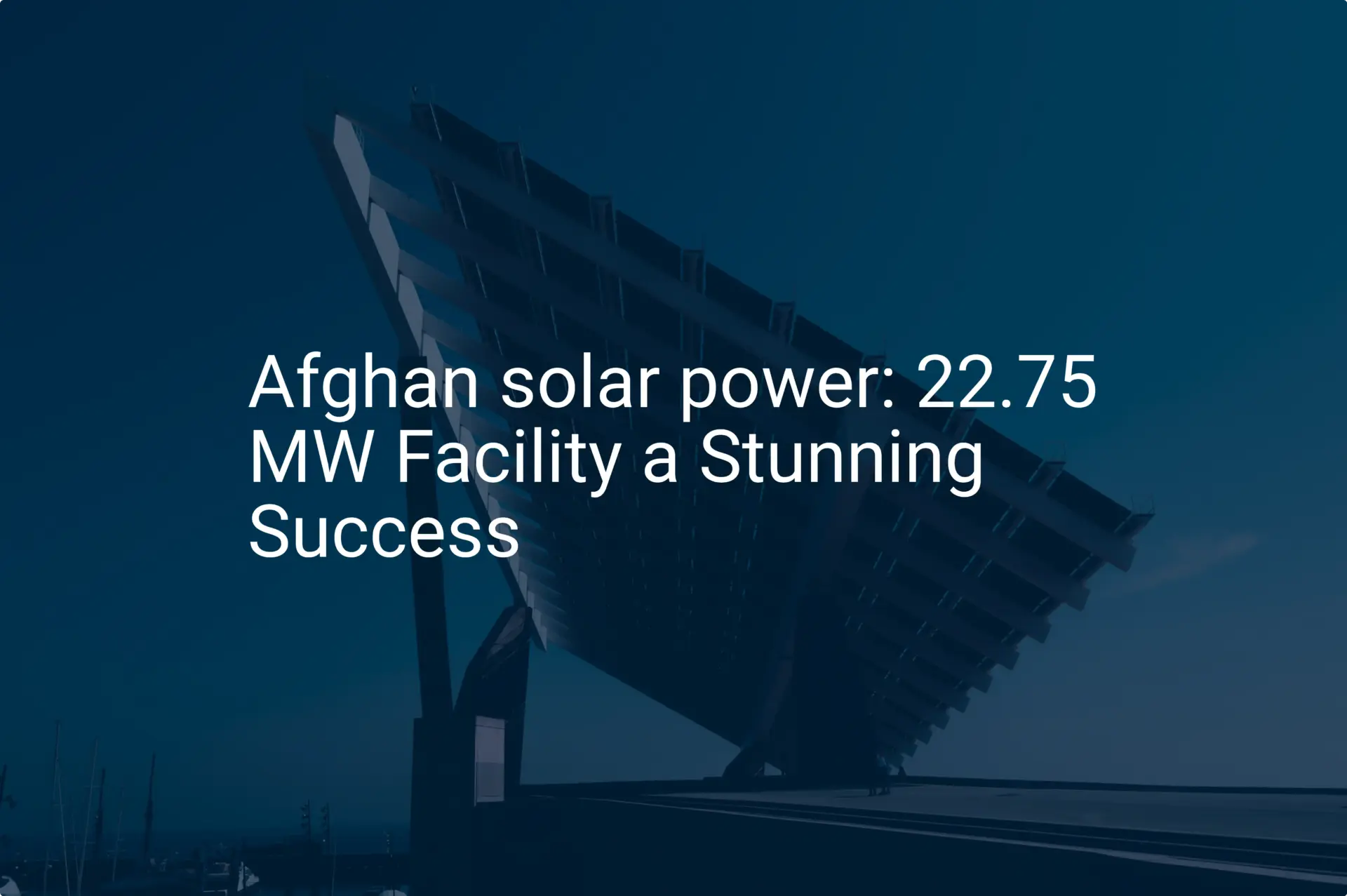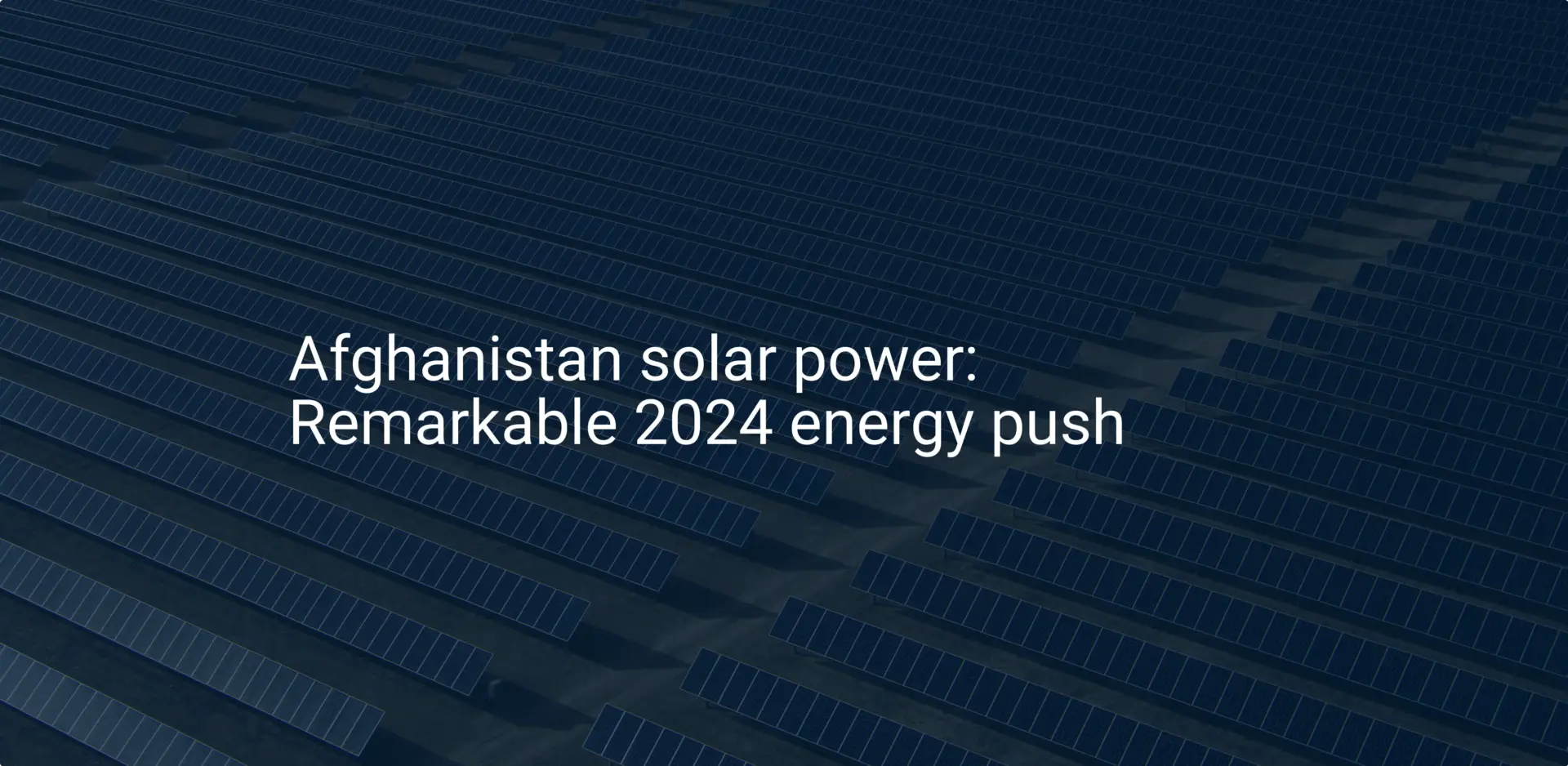For an entrepreneur entering a new market, the regulatory environment can seem like an impassable maze, particularly in Afghanistan. A closer look, however, reveals a legal framework designed to attract and protect foreign investment.
Table of Contents
Understanding this landscape is more than a compliance exercise—it’s the first step toward building a resilient and profitable solar manufacturing enterprise. This guide outlines the key legal, fiscal, and operational regulations an investor can expect to navigate when establishing a solar module factory in Afghanistan, transforming potential obstacles into a clear roadmap for success.
The Foundation: Afghanistan’s Investment Law
The cornerstone of the country’s pro-investment stance is the Private Investment Law of 2005. This legislation creates a secure and predictable environment for both domestic and foreign investors. For foreign investors, the law’s most critical provisions are those that level the playing field.
The law explicitly guarantees:
- Equal Treatment: Foreign investors receive the same rights and protections as national investors.
- Repatriation of Capital and Profits: Investors are legally entitled to transfer their profits and initial capital out of the country through official banking channels.
- Protection Against Expropriation: The law provides safeguards against the seizure of private property without fair and prompt compensation.
These protections are more than just lines in a legal document—they are foundational assurances designed to build the investor confidence needed for a sound business plan.
Your First Point of Contact: The Afghanistan Investment Support Agency (AISA)
Navigating a new country’s bureaucracy can be a significant drain on time and resources. Recognizing this, the Afghan government established the Afghanistan Investment Support Agency (AISA) to act as a “one-stop shop” for investors.
AISA is responsible for streamlining the initial setup, including business registration and licensing. By centralizing these functions, the agency reduces complexity and accelerates the timeline for becoming operational. For entrepreneurs establishing a solar module factory, AISA serves as the primary administrative contact during the project’s initial phases.
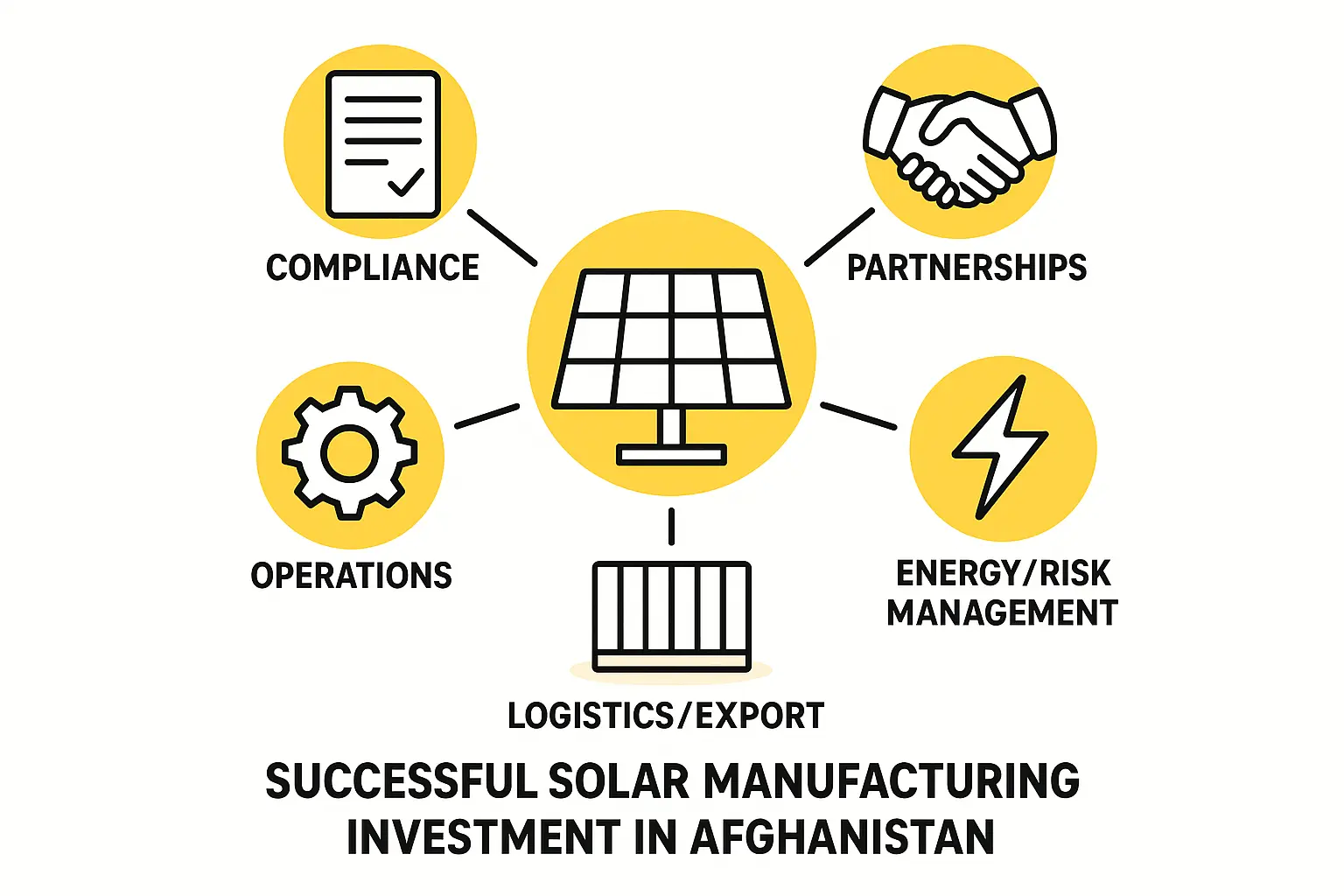
Financial and Fiscal Considerations
A clear understanding of the tax and financial regime is essential for forecasting profitability and managing cash flow. Afghanistan offers several incentives tailored to encourage investment in its manufacturing sector.
Taxation and Incentives
The standard corporate income tax rate in Afghanistan is a flat 20%. New manufacturing plants, however, may be eligible for a significant incentive: a tax holiday of up to seven years. This exemption provides a crucial window for a business to establish itself, scale production, and achieve profitability without the burden of corporate income tax.
Another key incentive for a solar module factory is the exemption from customs duties on imported machinery and equipment. Since production hardware accounts for a significant portion of the initial capital outlay, this exemption substantially reduces costs and improves the project’s overall financial viability.
Capital and Profit Repatriation
The Investment Law guarantees foreign investors the legal right to repatriate their profits. This process is managed through the formal financial system, ensuring transparency and security. This provision is a critical signal of the country’s commitment to a market-friendly environment where investors can securely transfer returns abroad.
Securing a Location: Land Acquisition and Industrial Parks
Acquiring land can be one of the more complex aspects of setting up a factory in Afghanistan, as private land titles can be difficult to verify. To address this, the government has created an effective and secure alternative: designated industrial parks.
These parks offer investors long-term land leases, typically for up to 99 years. This solution bypasses the complexities of private land purchases and provides a stable foundation for the factory. These parks also often come with pre-installed infrastructure such as power, water, and road access, further reducing the initial setup burden. For most new manufacturing ventures, securing a plot within an industrial park is the most practical and secure strategy.
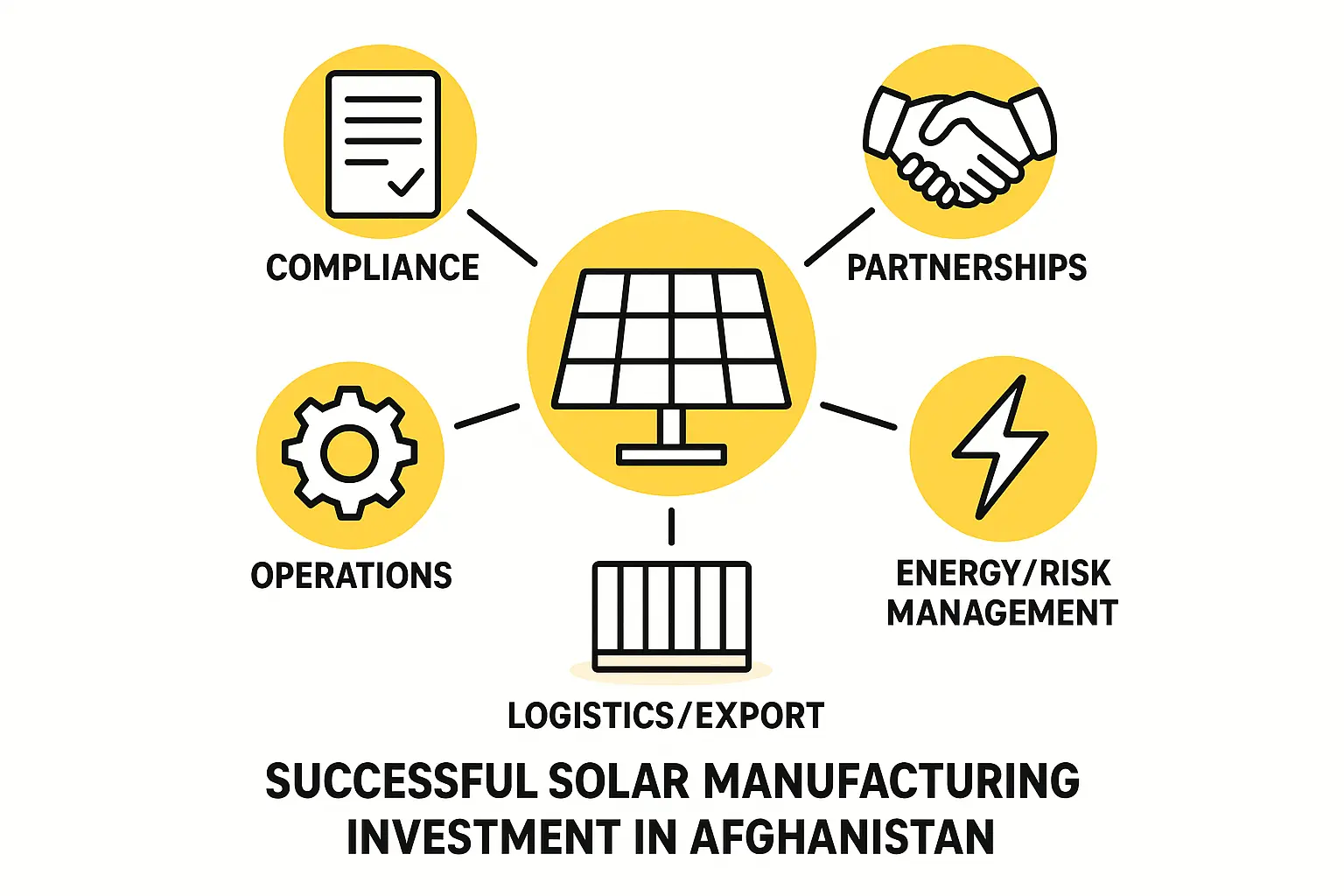
Ensuring Compliance and Quality
Beyond the financial and logistical setup, long-term success depends on adhering to operational and quality standards.
Environmental Permitting with NEPA
All industrial projects in Afghanistan must undergo an Environmental and Social Impact Assessment (ESIA), a process managed by the National Environmental Protection Agency (NEPA). The ESIA ensures the factory operates in an environmentally responsible manner without negatively impacting local communities. While this adds a step to the setup process, it is standard global practice. A successful assessment demonstrates a commitment to sustainable operations, which can help secure financing and build a positive brand reputation.
Adhering to International Quality Standards
Afghanistan does not currently have its own national certification standard for solar modules. In this context, adherence to internationally recognized standards is not just a best practice—it is a strategic necessity.
Modules meeting International Electrotechnical Commission (IEC) standards, such as IEC 61215 (for performance) and IEC 61730 (for safety), are considered bankable and trusted by customers globally. Adopting these standards from day one ensures the factory’s products are high-quality, safe, and ready for both domestic projects and potential export markets.
Navigating Labor Regulations
Afghanistan’s Labor Law governs employment practices, outlining regulations for contracts, working hours (typically 40 hours per week), overtime compensation, and workplace safety standards. New employers must create contracts and internal policies that fully comply with this law to ensure fair treatment of their workforce and avoid legal disputes.
Engaging with the Energy Sector
The primary state-owned utility in Afghanistan is Da Afghanistan Breshna Sherkat (DABS), which is responsible for power generation, transmission, and distribution across the country. As the largest player in the energy sector, DABS is not only a regulator but also a potential major customer for a local solar module manufacturer. Understanding its procurement processes, technical specifications, and long-term energy plans is crucial for aligning factory output with market demand.

Conclusion: A Clear Path Forward
While Afghanistan presents a unique operating environment, its regulatory framework for investment is more structured and supportive than many assume. The Private Investment Law, the one-stop-shop function of AISA, and significant fiscal incentives create a viable path for the diligent entrepreneur.
The key to success lies not in avoiding complexity, but in understanding it. By methodically addressing each regulatory requirement—from licensing and land leasing to environmental compliance and quality certification—an investor can establish a strong, compliant, and competitive solar manufacturing operation. This structured approach is the foundation for exploring the wider Solar Manufacturing Opportunities in Afghanistan.
Frequently Asked Questions (FAQ)
Q: How long does the business licensing process typically take with AISA?
A: While timelines can vary, AISA’s objective is to streamline the process. With all documentation prepared correctly, the initial registration and licensing can often be completed within a few weeks.
Q: Are foreign investors treated differently from local investors under the law?
A: No. The Private Investment Law of 2005 explicitly states that foreign investors must be granted the same rights, privileges, and protections as Afghan nationals.
Q: What is the single biggest regulatory challenge for a new solar factory?
A: While the framework is supportive, navigating the practical implementation of regulations, such as the ESIA process with NEPA, requires careful planning and documentation. Experience from J.v.G. turnkey projects in emerging markets has shown that allocating sufficient time and resources for this step is critical.
Q: Is it necessary to have a local partner to invest in Afghanistan?
A: A local partner is not a legal requirement, and an enterprise can be 100% foreign-owned. However, a trusted local contact or advisor can be invaluable for navigating cultural nuances and on-the-ground logistics, even if they are not an equity partner.


